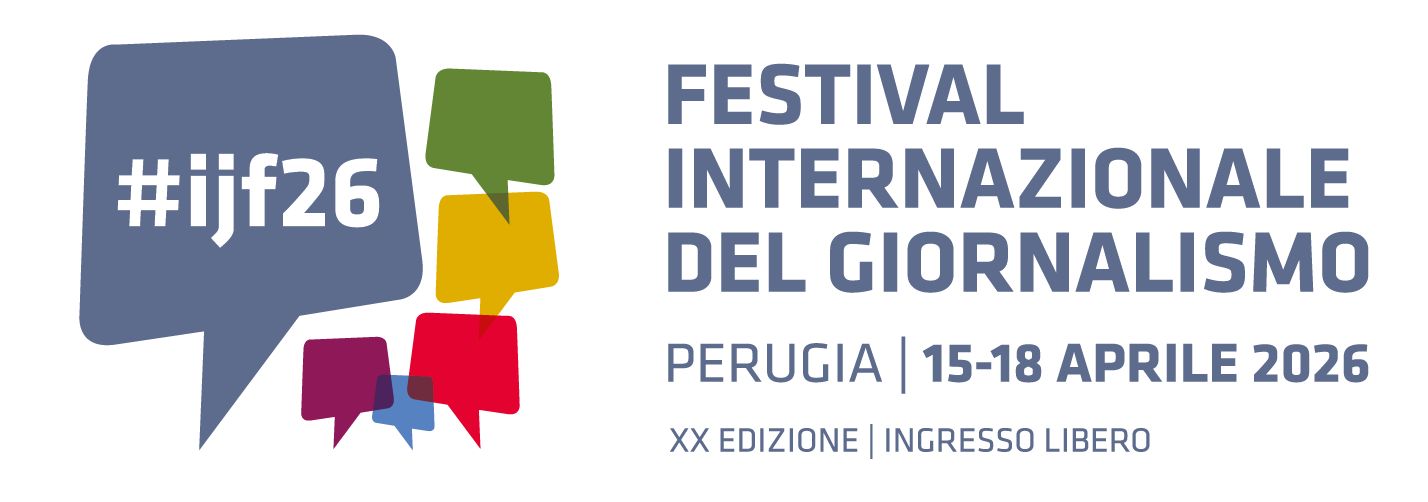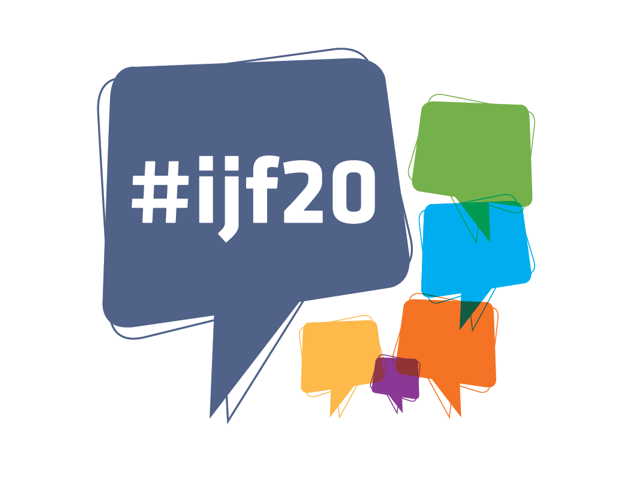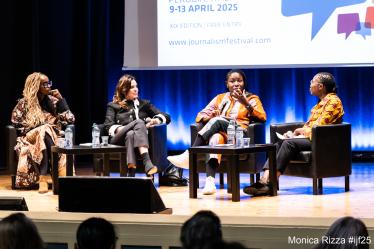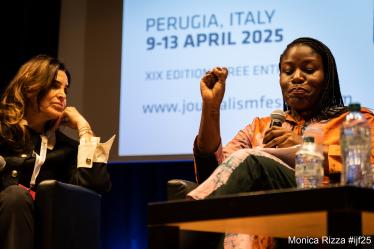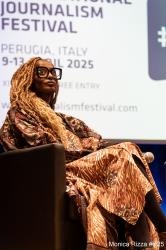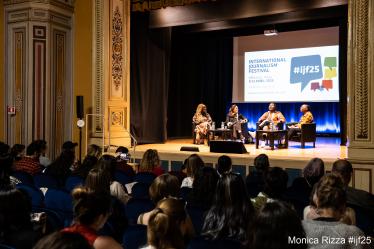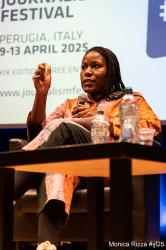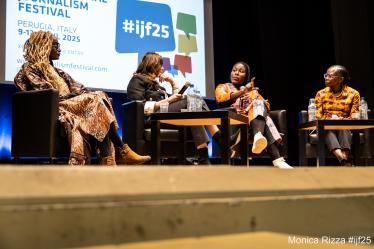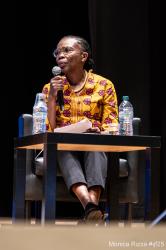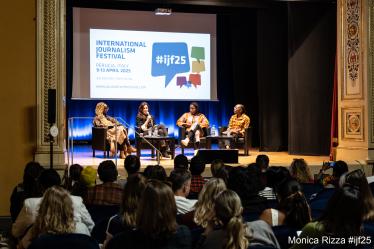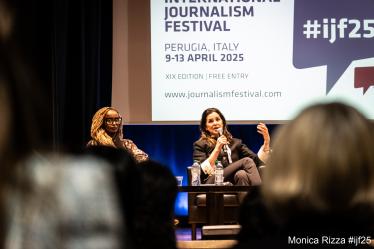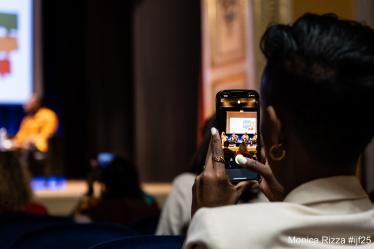
Leyla Hussein is a distinguished Somali-born psychotherapist, consultant and activist, specialising in supporting survivors of sexual abuse. An internationally respected speaker and policy advisor on gender rights and mental health, she is recognised as one of the world’s key experts on female genital mutilation (FGM), and is a fierce campaigner for human rights and the safety of women and children globally.
As a writer, Leyla has been published in national and international media and regularly appears in both print and broadcast media. Her byline has appeared on major platforms including CNN, The Guardian, Huffington Post, Global Citizen, and Cosmopolitan Magazine, and her influential work has been featured in The Times, Financial Times, Washington Post, BBC, ITV, CNN, NPR, and LBC, among others. An FGM survivor herself, she channelled her desire to secure the physical safety of her own daughter into campaigning for girls to be protected from all forms of harm; through various campaigns and a variety of projects, including The Dahlia Project - the UK's first specialist therapeutic service for FGM survivors.
In 2019, she was appointed as an Officer of the Order of the British Empire (OBE) for services towards tackling female genital mutilation and gender inequality. A year later, she was elected as the first black woman rector of the University of St Andrews, and subsequently started the Make It Make Sense podcast to document the experience and provoke uncomfortable but important conversations about salient issues in higher education.
Dr. Hussein is currently the Global Advocacy Director for The Girl Generation: The Africa-led Movement To End FGM programme currently working in ten African countries with the aim of ending FGM in one generation. She was also nominated for a BAFTA in 2024 for her role in the groundbreaking documentary The Cruel Cut, which helped influence changes in British law on FGM. Her extensive experience and empathy uniquely position her to explore the challenges faced by immigrant communities in the UK through fiction.
read more
